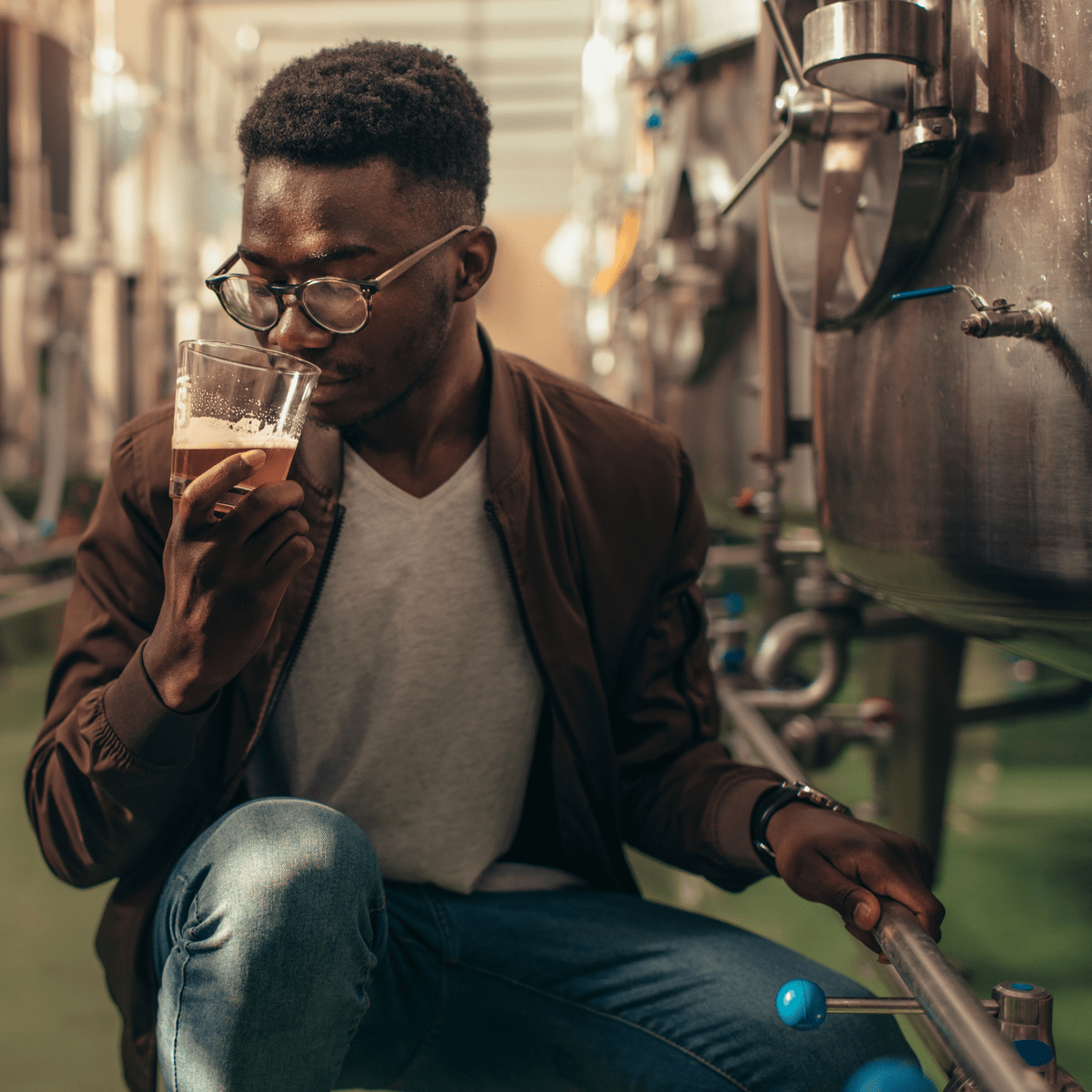
In this third course of the Beer Quality Series on beer freshness, led by distinguished professor Charles Bamforth, Ph.D, you will learn about beer flavor preconceptions, expectations, and causes of flavor instability. You'll also learn about the science of flavor change and the study and process impacts of flavor stability. In addition, you will review light instability and how it can lead to skunking.
What's inside
Syllabus
Getting Started & Beer Freshness
In this first module, we examine the importance of flavor stability. We do this, in part by reviewing a study asking consumers if they can differentiate between fresh and stale beer and if it matters to them. We'll review how imported and domestic beer flavor is perceived by consumers, discuss the importance of delivering a consistent flavor, and understand how chemical changes affect beer flavor. We'll also go into how flavor changes are assessed.
Read more
Syllabus
Good to know
Save this course
Activities
Attend Brewing Industry Conference
Show steps
Provides an opportunity to connect with professionals in the brewing industry and learn about new trends.
Show steps
-
Find a brewing industry conference.
-
Register for the conference.
-
Attend the conference.
Follow Tutorial on Spectrophotometers
Show steps
Demonstrates how to use spectrophotometers to measure the concentration of compounds involved in flavor change.
Browse courses on
Chemical Analysis
Show steps
-
Find a tutorial on spectrophotometers.
-
Follow the tutorial.
Practice Identifying Off-Flavors
Show steps
Develops the ability to identify different types of off-flavors that can affect beer stability.
Browse courses on
Sensory Analysis
Show steps
-
Acquire samples of beer with different off-flavors.
-
Taste the samples.
-
Identify the off-flavors.
Two other activities
Expand to see all activities and additional details
Show all five activities
Design a Beer Flavor Stability Program
Show steps
Apply the knowledge gained in the course to develop a practical plan for improving the flavor stability of beer.
Browse courses on
Quality Assurance
Show steps
-
Identify the critical control points for flavor stability.
-
Develop a monitoring plan.
-
Develop a corrective action plan.
-
Implement the program.
-
Evaluate the program.
Contribute to Open Source Brewing Software
Show steps
Provides an opportunity to apply knowledge and skills in a real-world setting and contribute to the advancement of brewing technology.
Browse courses on
Data Analysis
Show steps
-
Identify a suitable open source brewing software project.
-
Read the project documentation.
-
Make a contribution to the project.
Attend Brewing Industry Conference
Show steps
Provides an opportunity to connect with professionals in the brewing industry and learn about new trends.
Show steps
- Find a brewing industry conference.
- Register for the conference.
- Attend the conference.
Follow Tutorial on Spectrophotometers
Show steps
Demonstrates how to use spectrophotometers to measure the concentration of compounds involved in flavor change.
Browse courses on
Chemical Analysis
Show steps
- Find a tutorial on spectrophotometers.
- Follow the tutorial.
Practice Identifying Off-Flavors
Show steps
Develops the ability to identify different types of off-flavors that can affect beer stability.
Browse courses on
Sensory Analysis
Show steps
- Acquire samples of beer with different off-flavors.
- Taste the samples.
- Identify the off-flavors.
Design a Beer Flavor Stability Program
Show steps
Apply the knowledge gained in the course to develop a practical plan for improving the flavor stability of beer.
Browse courses on
Quality Assurance
Show steps
- Identify the critical control points for flavor stability.
- Develop a monitoring plan.
- Develop a corrective action plan.
- Implement the program.
- Evaluate the program.
Contribute to Open Source Brewing Software
Show steps
Provides an opportunity to apply knowledge and skills in a real-world setting and contribute to the advancement of brewing technology.
Browse courses on
Data Analysis
Show steps
- Identify a suitable open source brewing software project.
- Read the project documentation.
- Make a contribution to the project.
Career center
Brewer
Quality Control Manager
Sensory Scientist
Consultant
Professor
Beverage Development Manager
Research Scientist
Flavorist
Food Scientist
Product Manager
Chemical Engineer
Plant Manager
Marketing Manager
Operations Manager
Sales Manager
Reading list
Share
Similar courses
OpenCourser helps millions of learners each year. People visit us to learn workspace skills, ace their exams, and nurture their curiosity.
Our extensive catalog contains over 50,000 courses and twice as many books. Browse by search, by topic, or even by career interests. We'll match you to the right resources quickly.
Find this site helpful? Tell a friend about us.
We're supported by our community of learners. When you purchase or subscribe to courses and programs or purchase books, we may earn a commission from our partners.
Your purchases help us maintain our catalog and keep our servers humming without ads.
Thank you for supporting OpenCourser.



